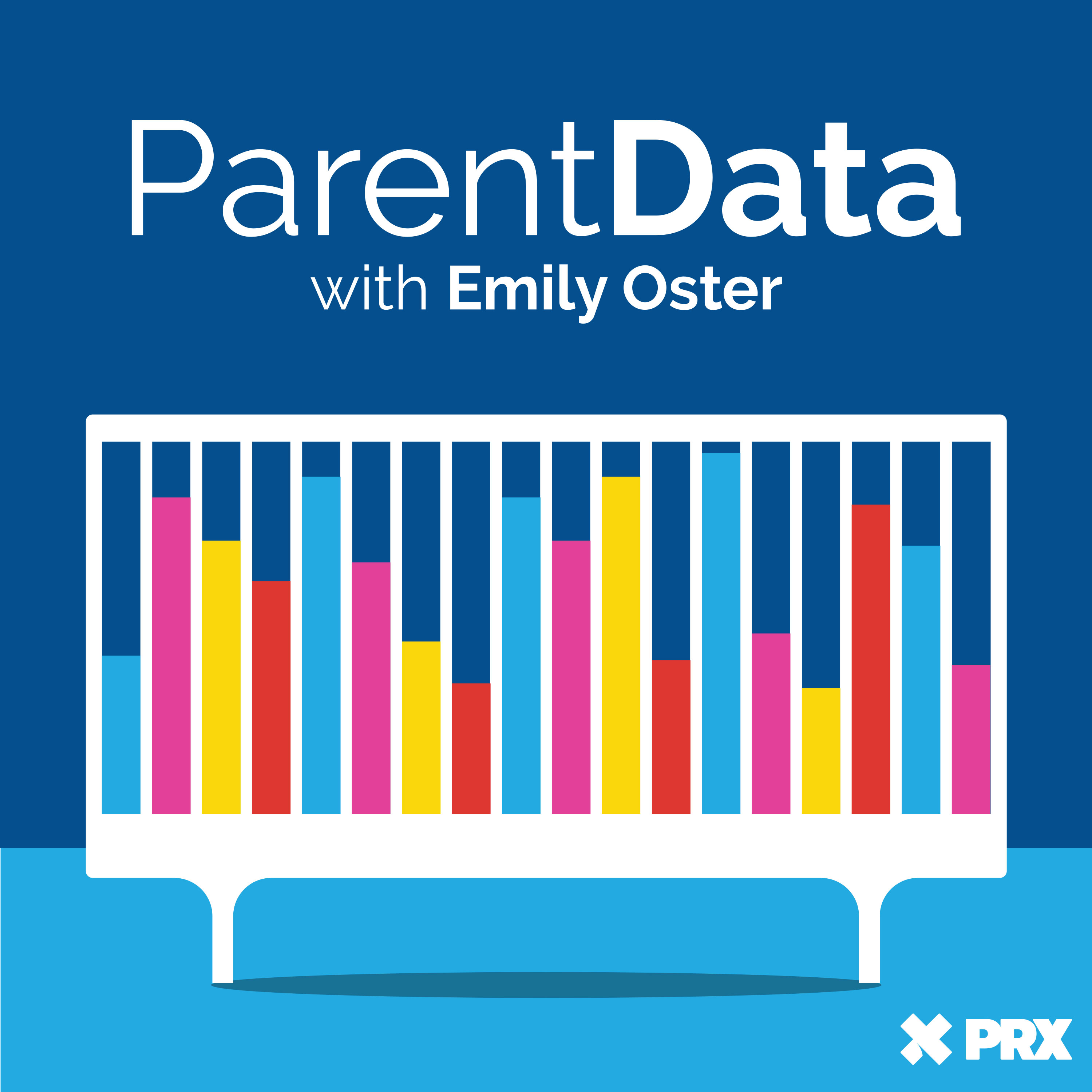We can't find the internet
Attempting to reconnect
Something went wrong!
Attempting to reconnect
Researching the Importance of Paid Leave: A look into how studies are conducted

Access AI content by logging in
The United States is one of the only countries in the world that doesn’t guarantee paid parental leave. We point out this fact a lot, but what does it really mean when a family doesn't have the ability to take time off when a baby is born?
It means a lot of things. It means moms going back to work while still recovering from childbirth, it means parents struggling to figure out child care for their baby, and it often means babies going to group child care settings, which may be wonderful but do expose them to germs — germs that are more dangerous when babies are small than when they’re bigger. We can talk about these different challenges and why they might matter for kids’ and families’ outcomes, but to figure out how much they matter and in what ways...that’s what research is for.
Today on ParentData, we're joined by Dr. Katherine Ahrens and Dr. Jennifer Hutcheon, who are both medical doctors and professors. They recently published a paper titled “Paid Family Leave and Prevention of Acute Respiratory Infections in Young Infants," an analysis of paid leave in New York State, and the impacts of that paid leave on hospitalizations for infants, mostly for RSV. The paper's bottom line is that paid family leave keeps babies healthier and keeps them out of the hospital, and now we have the data to prove it and to show that the effects are large in terms of numbers.
But putting together a research paper like this is surprisingly tricky. You need to know what questions you’re asking, and you need to think about how you’re going to determine causality rather than just correlation. So we’re going to take their research from idea to final peer-reviewed paper, and we’re going to talk about everything you always wanted to know about how research is conducted.
Subscribe to ParentData.org for free access to new articles every week on data-driven pregnancy and parenting.